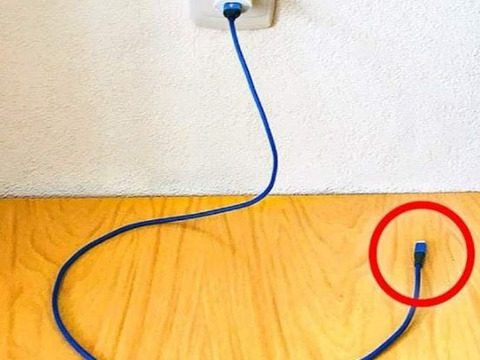When trust in a marriage is broken, the path forward is rarely clear. For me, discovering my husband of ten years on Tinder wasn’t just a gut-wrenching betrayal—it became the spark for an unexpected transformation. Dexter, the man I had loved, supported, and built a family with, was out there pretending to be single, swiping through profiles, and flirting with strangers behind my back. But instead of collapsing under the weight of my heartbreak or confronting him in a heated argument, I chose a different route. I hatched a plan—not just to expose his lies, but to secure a better future for myself and my children. This is the story of how I turned betrayal into power, and how a fake Tinder profile became my escape ticket to freedom.

The day I discovered Dexter’s Tinder account, it felt like the ground had disappeared beneath me. A friend had stumbled upon his profile and sent me a screenshot. There he was, with his familiar smile and confident demeanor, advertising himself as single and available. My initial reaction was sheer rage. I wanted to confront him immediately, scream at him, demand answers. But deep down, I knew that wouldn’t get me anywhere. After years of being a stay-at-home mom, I had no financial independence and no safety net to fall back on. Confrontation without a plan would only leave me more vulnerable. So instead of acting impulsively, I took a deep breath and began plotting.
With a clear strategy in mind, I created a fake Tinder profile using photos of an attractive woman I found online. I named her Leah. Crafting her persona took time and precision—she had to be Dexter’s ideal match. Her profile casually mentioned The Godfather as her favorite movie, and one of her photos featured a glass of Glenfiddich whiskey. Sure enough, we matched almost immediately. Dexter was hooked, and Leah became his fantasy woman.
Through our conversations, Leah became everything Dexter was looking for—witty, playful, and effortlessly aligned with his passions. We exchanged long messages filled with flirtatious banter and even moments of vulnerability. Dexter poured his heart out to Leah in ways he hadn’t done with me in years. He talked about his regrets, his dreams, and his frustrations. With every message, I felt a mixture of anger and empowerment. Anger because he was so willing to emotionally invest in this fictional woman, and empowered because I was now in control of the situation.
As our fake relationship deepened, I subtly introduced financial struggles into Leah’s story. She was the classic damsel in distress, and Dexter eagerly jumped at the chance to be her savior. Without hesitation, he began transferring money to a bank account I had secretly created under Leah’s name. “I don’t ever want you to feel alone, Leah,” he texted one evening while sitting just a few feet away from me on our couch. The irony wasn’t lost on me, but I kept my focus on the bigger picture.
While Dexter was busy indulging in his double life, I was meticulously building my new one. Every dollar he sent became a building block for my escape plan. I found a new home, arranged for my children’s school transfers, and gathered mountains of evidence—screenshots of our conversations, bank transaction records, and every incriminating detail I could collect. Each piece of evidence became ammunition, ensuring that Dexter would have no room to contest my decisions when the time came.
The final act of my plan was as dramatic as the betrayal itself. I arranged a meeting at an upscale restaurant, posing as Leah. I knew Dexter would show up, eager to finally meet the woman he believed he had fallen for. As he waited at the table, expecting his fantasy to walk through the door, I appeared instead—folder in hand, heart pounding but face calm. His expression went from confusion to shock as I sat across from him and slid the folder of evidence across the table.
“I knew all along,” I said evenly. “Every dollar you sent to your ‘lover’ is helping me and the kids start over.”
Dexter sat frozen, staring at the undeniable proof of his infidelity and his foolishness. There were no excuses he could offer, no explanations that would undo what had been done. I stood up, turned around, and walked away without a second glance.
That night, I moved into our new home with my children. Every dollar Dexter had unknowingly transferred had gone toward building our fresh start. In the days that followed, I enrolled my kids in their new school, updated my resume, and began job hunting. For the first time in years, I felt free—free from the weight of deception, free from the fear of uncertainty, and free to start over on my own terms.
One evening, as I was tucking my daughter into bed, she looked up at me with wide eyes and asked, “Mom, are we going to be okay?” I smiled softly, brushed a strand of hair from her face, and said with absolute certainty, “Yes, sweetheart. We’re going to be just fine.”
Dexter thought he was having an affair. He thought he was the one in control, pulling the strings. But in reality, he was the one being played. Revenge didn’t erase the betrayal or the heartbreak, but it gave me something far more valuable—it gave me the strength, the resources, and the confidence to reclaim my life. In the end, betrayal didn’t destroy me; it set me free.





